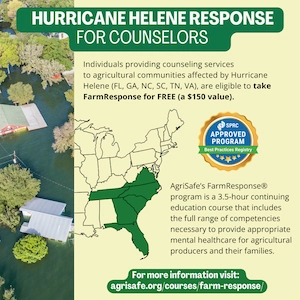Last updated on November 4th, 2024 at 09:58 am
COVID-19 is commonly known as a coronavirus, which is an umbrella term for viruses identified by their unique corona or crown shape. COVID-19 specifically refers to an infection with the SARS-CoV-2 virus. Other coronaviruses include common colds, SARS, and MERS.
Since its recognition in late 2019, COVID-19 has impacted every country and community around the world. COVID-19 has proven to be very successful at transmitting between people by respiratory secretions of all sizes. Asymptomatic carriers (people without symptoms of disease) can spread COVID-19, making it difficult to identify who is actually infectious with the virus. Respiratory secretions occur while people are breathing, talking, coughing, sneezing, and more. Vaccinations are helping to slow the spread of COVID-19, but transmission continues. Along with vaccination, physical distancing, masking, and hand washing are other strategies to help slow the spread of COVID-19.
Common symptoms of COVID-19 include:
- Fever
- Cough
- Headaches
- Fatigue
- Muscle or body aches
- Loss of taste or smell
- Sore throat
- Nausea
- Diarrhea
Other symptoms could be signs of serious illness. If someone has trouble breathing, chest pain or pressure, or difficulty staying awake, get medical care immediately.
COVID-19 Resources
Information for Farmers, Ranchers and Farmworkers
- COVID19 Federal Rural Resource Guide
- Ivermectin Fact Sheet [PDF]
- Multilingual Resources from the National Center for Farmworker Health
Long COVID
Podcast Episodes
Prevention Strategies
Webinars
Page updated: January 2024

